01 Jan 1953
Dárci života
No overview found
Although they look almost identical in black balaclavas, they have arrived at extremely right-wing views along very different paths. For six months Michał Edelman documented the activity of the National-Radical Camp brigade from Łódź ranging from propaganda events including an obligatory barbecue through attempts to disrupt the Gay Parade in Radomsko to the culmination on the Independence Day in 2019 when they marched along the streets of Warsaw. Are the nationalists really a group of friends with clear-cut views only?
01 Jan 1953
No overview found
01 Jan 1953
A documentary film about parachute training in the Voluntary Union of People's Aviation.
01 Jan 1953
No overview found
01 Jan 1952
No overview found
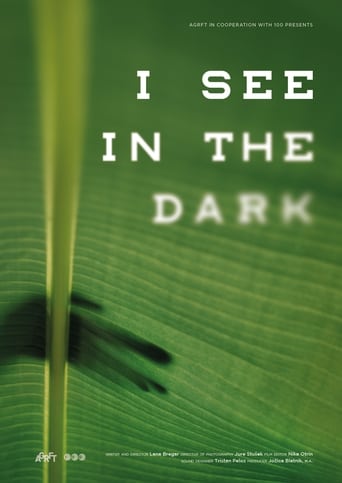
20 Sep 2019

Confessions of people who have lost their sight during their lives. What are their feelings and how do they view their apparent handicap?
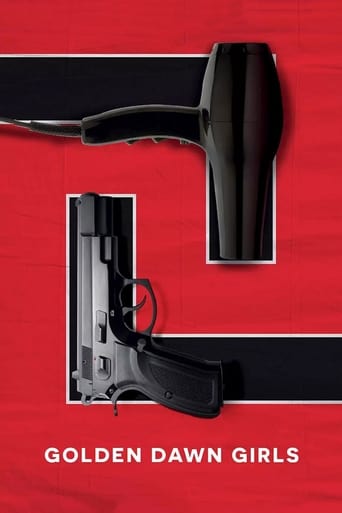
06 Apr 2018

The key male members of the far-right political party Golden Dawn are imprisoned accused of carrying out organized criminal activity. To maintain Golden Dawn's position as the fifth largest political party in Greece, their daughters, wives and mothers step up to the task of leading the party through the upcoming elections.
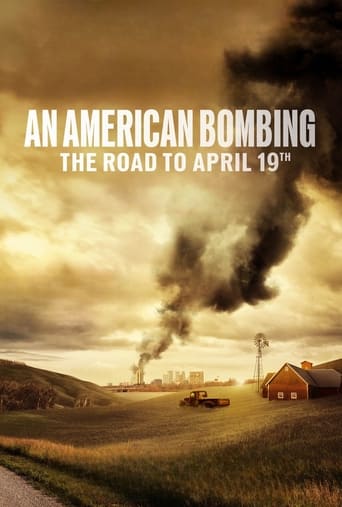
16 Apr 2024

This documentary looks at the surge in political violence through the story of the 1995 Oklahoma City bombing, showing the roots of anti-government sentiment and its reverberations today, along with the emotionally charged warnings of those who suffered tragic losses in the deadliest homegrown attack in U.S. history.
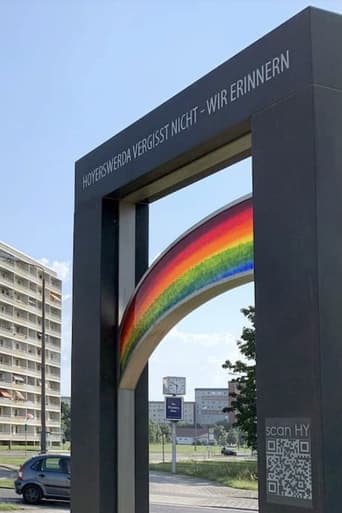
30 Aug 2021

No overview found
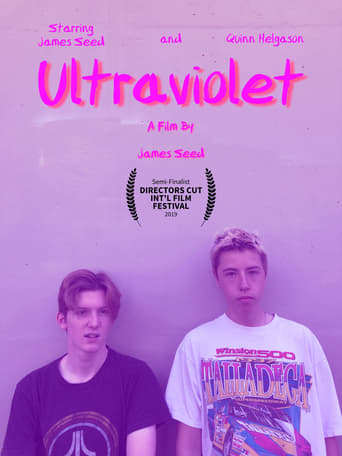
13 Dec 2019

In Vancouver, British Columbia, two teenagers attempt to create a feature length documentary about their lives. The main character James (played by himself) becomes obsessed with the project and is pushed into a more introverted, lonely existence. His best friend Quinn (played by himself) sets out to help him, but is met with the real answer as to why James is keeping himself inside: the rejection of what he thinks is the love of his life. The two of them go their separate ways, with James going deeper into a depression he’s not sure he can escape from.
04 Oct 2012
The film is an insight into a teacher's soul and a contemplation upon his teaching fate. This portrait of a unique, experimental filmmaker and teacher Martin Čihák takes a look at his teaching methods, his meetings with his students at FAMU and at a park where they work with film, or in his studio.
01 Jan 2008
A film poem. A minimalist reflection on whether inner states are transferable by the film medium. The aim of a Buddhist mindfulness meditation is to clear away thoughts wandering from the past to the present, to be mindfully aware of each present moment. Each unique NOW NOW NOW passing away just like single frames while the camera grab snatches off meters of expensive 35mm material.

01 Jan 1970

One day in the life of Mr Hrstka, a blue collar worker and occasional pose model at the Prague academy of arts. Through this portrayal of an outsider, Paskaljevic explores the subject of isolation.
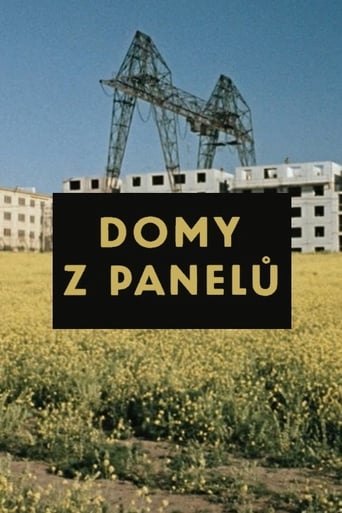
01 Jan 1960

A student work by Jiří Menzel, filmed during his second year at the FAMU film school. Views of old Prague and its tenement buildings, symbolizing the obsolete past, alternate with shots of construction sites for new prefabricated apartment buildings. In spite of certain unavoidable propagandistic overtones added by the director, it is notable as the beginning of his search for a “dramaturgy of colors.”
01 Jan 1954
No overview found
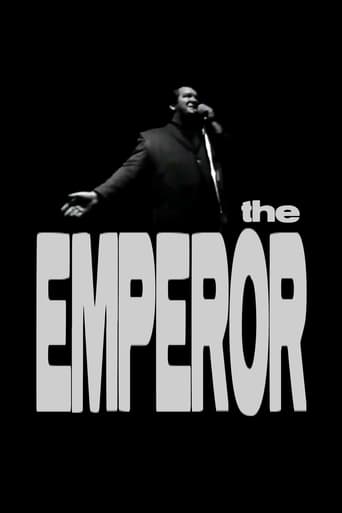
06 Jan 1967

Comments on the background and popularity of disc jockey "Emperor" Bob Hudson, who bases his shows on the idea that radio is a fantasy.

06 Dec 2019

Ten notebooks depict an immersion in French neo-fascist circles during the 2010s.
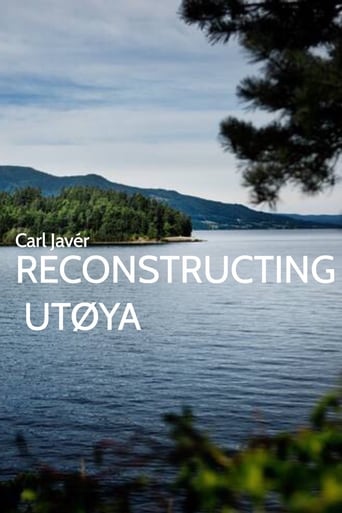
29 Nov 2018

This documentary picks up after the horror has ended. Almost 500 teens are in grief as 69 of their friends have fallen. They've been shot dead. How could this island ever become a safe place again? Here, we see how Utøya was first the safest place on Earth to the most terrible and how it was restored and stands as a beacon of hope for the survivors and the Norwegian people.
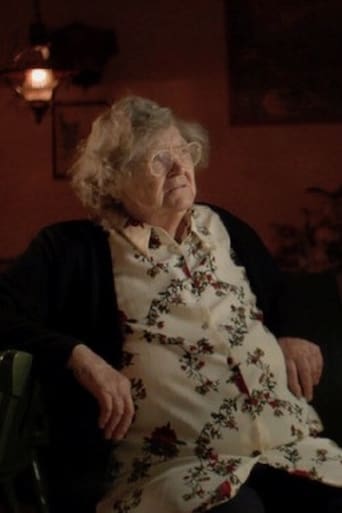
29 Sep 2020

Battering, breading, frying – Berta has prepared thousands of schnitzels in her old cast-iron pan over the years. This 83-year-old landlady’s life on the family farm with adjoining guest house in the Upper Palatinate has been marked by constant hard work. A life that her granddaughters Monika and Hannah never wanted to lead. Now, the deeply indebted farm is on the brink of collapse. Despite having an academic background and contrary to her intentions, Monika, in her early thirties, decides to give up her modern life and save the family business. The two women join forces and give themselves a year to sort out the farm’s problems.
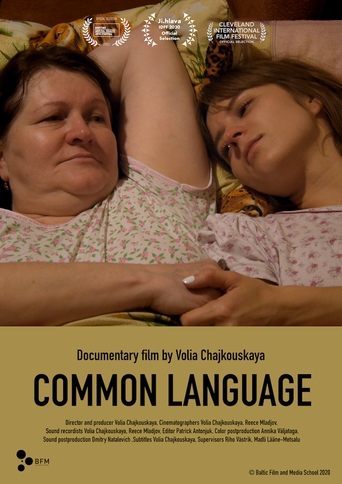
19 Oct 2020

The director, who has always been viewed as the black sheep in her family, sets out to the Belarusian town of Vitebsk to talk with her parents about previous grievances and topics that were considered taboo. The effort to find a common language, which runs into stormy emotions and the inability to voice honest opinions, is captured through both personal moments and detailed shots of the protagonists’ faces.
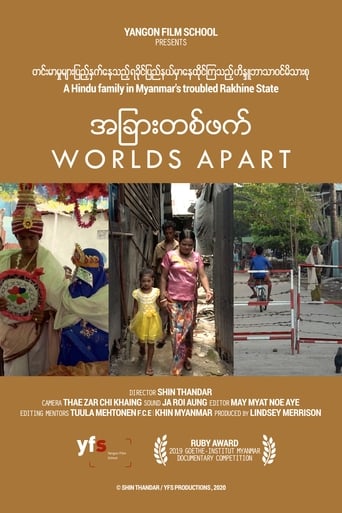
19 Oct 2020

In 2012, violent conflicts broke out between the Muslim Rohingya and the Buddhist majority in Rakhine State on the west coast of Myanmar. The government subsequently deported Muslims and imprisoned them in a camp on the outskirts of the city. The documentary looks at the lives of neighbours on both sides.